In 2019-2020 alone, more than 50 million adult Americans experienced some sort of mental disorder. Depression was at the top of that list—it is now one of the most common mental illnesses in the United States. Can microdosing THC treat depression?
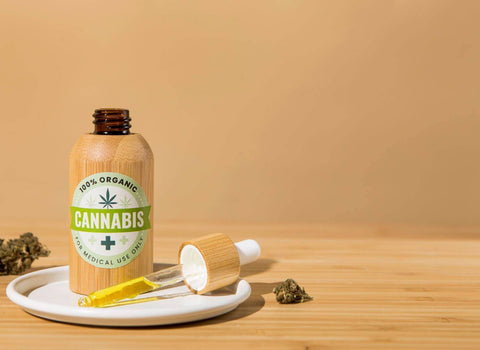
Clinical studies indicate that microdosing THC can alleviate chronic pain, stress, migraines, anxiety—and depression.
Cannabis users report additional benefits of microdosing THC, including:
- Pain management
- Reduction of nausea and vomitting for advanced cancer patients
- Alleviation of posttraumatic stress disorder (PTSD)
- Help with irritable bowel syndrome symptoms
- Help with movement disorders
- Alleviating anxiety disorders and anxiety symptoms
Can Low-Dose THC Help with Depression?
While more research is needed on the benefits of THC microsing, clinical evidence and a wealth of anecdotal reports point to efficacy in treating depression at low doses.
Research conducted at Washington State University found that adult cannabis users experienced a reduction in depressive symptoms with a single puff of recreational cannabis. Interestingly, those that received a mix of CBD and THC responded best. That’s why all of our Delta 9 THC edibles contain CBD and other cannabinoids in addition to THC. They are the perfect way to microdose THC for depression.
What’s the Difference Between THC and CBD?
Although they originate from the same plant, these two compounds differ in their chemical makeup, the way they affect the brain, and their legality. CBD and THC affect our endocannabinoid receptors (CB1 and CB2) differently, and thus have different modulatory effects on our endocannabinoid system.
Cannabidiol (CBD) is a non-psychoactive chemical compound extracted from cannabis. Typically, it is derived from hemp, but it can also be extracted from marijuana. Marijuana-extracted CBD contains higher levels of THC—and is also federally illegal in the United States.
Delta-9-Tetrahydrocannabinol (Delta 9 THC) is the main psychoactive compound extracted from the cannabis plant. It affects the receptors in a way that helps reduce pain, nausea and vomiting, and epileptic seizures.
Read our report on the differences between CBD and THC to learn more about these two key cannabinoids.
Effects of THC and CBD on the Brain
When THC enters our system, it binds to CB1 and CB2 receptors, two main cannabinoid receptors in the endocannabinoid system. The endocannabinoid system (ECS) is a network of signals and receptors in our brain that regulates a range of functions and processes in our body, including mood, sleep, memory, appetite, and reproduction.
In the endocannabinoid system, THC activates CB1 and CB2 receptors, causing a variety of psychoactive effects like:
- Mood changes
- Changes in consciousness
- Motor control changes
- Memory processing changes
Delta 9 THC increases dopamine, causing the euphoric, psychoactive feeling known as a “high.” Dopamine is an important brain chemical responsible for feelings of pleasure and satisfaction, so it’s kind of a big deal.
In contrast, CBD has anti-anxiety and anticonvulsant properties—it soothes the mind, causes deep relaxation, and mitigates seizures. This partly occurs because cannabidiol doesn’t seem to bind to either CB1 or CB2 receptors directly. CBD impacts the endocannabinoid system in a more indirect way by antagonizing or regulating the processes of CB1 and CB2 receptors when THC is present.
When CBD and THC are taken together, CBD acts as a stabilizer of how THC interacts with CB1 and CB2 receptors (Vuckovic, et, all, “Cannabinoids and Pain”). Cannabidiol also seems to weaken the psychoactive effects of THC on our brain.
How Can the Entourage Effect Help Depression
In order to get more benefits from medical marijuana, microdosing individuals often take THC and CBD together.
This is known as the entourage effect, a theory in which THC, CBD, CBN, and other minor cannabinoids enhance each other’s potential benefits. THC and CBD interact with one another, join forces, and produce more beneficial effects. Dose levels and delivery methods play a crucial role here.
Microdoses of CBD and Delta 9 THC can alleviate symptoms of depression, stress, and anxiety symptoms. The entourage effect can also help with sleep disorders and pain management.
The results of the entourage effect do not appear immediately; it does require a month or so for the benefits of microdosing cannabis to kick in. When microdosing cannabis, you probably won’t feel the therapeutic effects directly. Rather, you may notice a gradual lessening of depressive symptoms over time.
Broad Spectrum CBD
Broad spectrum CBD is an extract that contains CBD, minor cannabinoids, terpenes, and flavonoids. It does not contain any THC.
Broad spectrum CBD products are a perfect way of getting the optimal amount of CBD without the psychoactive side effects of THC. Try our broad spectrum CBD gummies for 10mg of organic CBD from American-grown hemp.
Full Spectrum CBD
Unlike broad spectrum CBD and CBD isolate (pure cannabidiol), full spectrum CBD contains all cannabis plant compounds: CBD, THC, CBN, other minor cannabinoids, flavonoids, and terpenes.
Low doses of THC in full spectrum CBD microdosing products ensure that microdosing individuals receive all the benefits of the two components’ synergic force. Each refreshing vegan gummy of the Bliss Delta THC Gummies contain 5mg of THC and 5mg of CBD that bring out the best of both.
To treat depression, full spectrum CBD products—combining CBD and low doses of THC—are optimal. Low doses of either CBD or THC can help. Higher THC doses are less effective, and may actually worsen depression for some cannabis users.
Our full spectrum CBD gummies are said by some customers to be an effective treatment for anxiety and depression symptoms. They are hemp-derived and contain 0.3% THC by dry weight. Because they combine THC and CBD, they may just be the optimal cannabis product to fight depression.
See our guide to full spectrum vs broad spectrum CBD to more fully understand the differences between them.
CBD and Treatment-Resistant Depression
Traditional treatments for depression have limited impact on depressive symptoms. Some people have success using medical cannabis to alleviate treatment-resistant depression.
A study titled “Cannabidiol: A Potential New Alternative for the Treatment of Anxiety, Depression, and Psychotic Disorders” explores the potential therapeutic benefits of cannabidiol for managing neuropsychiatric disorders. Preliminary clinical trials support the efficacy of CBD as an antipsychotic and antidepressant.
CBD increases levels of serotonin—a neurotransmitter that regulates emotion, stress, and mood—in the brain. More importantly, CBD can greatly reduce anxiety severity and symptoms of depression with treatment-resistant depressive disorders without the negative side effects.
Sleep and Depression
The role of sleep in mood is well established. For many sufferers of depression, getting more and better sleep can make a difference. For many, THC can improve sleep in low doses.
To understand more about the links between sleep, depression, and THC, see our guide to THC microdosing for sleep.
Product QUIZ
Need help deciding what product is best for you? Take our quiz, just three questions until your perfect match!
What are the Best Cannabis Strains For Depression?
Anecdotal evidence suggests that both sativa and indica strains are helpful in alleviating depressive symptoms.
Sativa strains are described as euphoric and energetic. They can help with motivation and fatigue symptoms, providing much needed energy and focus. Indica strains are more sedative and relaxant. They can reduce restlessness, stress, and insomnia.
Some anecdotal reports suggest that indica makes cannabis users more sluggish, while sativa provides just the right amount of push to get over a depressive episode. Other users claim the right combination of the two is what helps their depression.
Different cannabis strains have different effects on different people. Reactions and tolerances on weed strains also differ. It’s up to you to find the most effective type and THC percentage, but always remember to start with low doses.
Our products use hybrid blends that combine the best elements of both indica and sativa. They are balanced and are really the ultimate way to consume cannabis.
What are the Best Edibles for Depression?
Edibles are the most effective way to consume micro doses of cannabis. You get a controlled release of THC and always know the exact dosage you’re consuming. You avoid the carcinogens involved with vaporized cannabis, and you spare your lungs.
Gummies provide the safest consumption method. Delta 9 THC gummies are easy to microdose. Controlling the dosage with smoking or vaping is difficult and unreliable, but you get a perfect microdose of THC and CBD from our vegan gummies.
Relax Plus Gummies might just be the top product for microdosing. They contain premium CBD with a touch of hemp-derived Delta 9 THC, a powerful combo that acts fast in enhancing relaxation.
All our cannabis edibles, including weed drinks, boast the finest ingredients, natural flavors and colors, and 100% USA-grown hemp to ensure the highest quality. Our microdosing edibles are lab-tested for quality and purity; providing a safe purchase for customers’ satisfaction is our top priority!
Microdosing THC For Depression FAQ
Does THC affect serotonin?
Low serotonin—the “feel-good hormone”—can precipitate the onset of anxiety and depression. Cannabis microdoses, just like antidepressants, can enhance the available concentration of serotonin in the brain.
While microdosing THC can lead to increased serotonin levels, higher doses of THC can have the opposite effect.
That’s why, when microdosing THC for anxiety and depression, you want to stick with small doses that you can easily measure. Hint, hint: our Delta 9 gummies.
Can THC cause serotonin syndrome?
Serotonin syndrome is a common condition that occurs when serotonin levels in the brain are too high. It is often caused by antidepressant medications that are designed to increase serotonin levels artificially.
On their own, microdoses of THC cannot cause this condition. Combining THC with other serotonin-releasing drugs—like potent antidepressants—might.
Is CBD an antidepressant?
Studies show that CBD can treat depression, and in that sense can be seen as an antidepressant. Cannabidiol has similar effects to SSRIs, the most common antidepressant that aids serotonin production.
Cannabidiol increases serotonin levels in the brain, which benefits mood and improves stress, anxiety, and depression. Microdosing products that contain higher levels of cannabidiol and lower doses of Delta 9 THC seem to be the most effective treatment for depression.
Our blood orange THC gummies are a custom blend of energy promoting nutrients. These have 25 mg of CBD and 5 mg of THC to keep you uplifted and zooming through the day.
How does CBD work with antidepressants?
CBD interacts with drug-metabolizing enzymes in our body to alter how the body uses certain medications. Taken with some antidepressants, CBD could potentially cause serotonin syndrome.
While it may help with depression, CBD can potentially interfere with the effects of other medications and cause unwanted side effects. We do not recommend replacing antidepressants with CBD or including any cannabis-based product to your treatment without consulting with your psychiatrist or doctor first.
What are the best THC microdosing amounts?
While research on microdosing cannabis for depression is still in its infancy, observational studies suggest that taking 1mg to 5mg of THC can have beneficial health effects.
Many patients with chronic pain, especially severe pain, report that 5mg of THC, paired with an equivalent amount of CBD, hits the sweet spot for pain relief. Oh, and by the way, our Euphoria Gummies are a cannabis product that fits the bill and is Federally legal to boot.
Is microdosing marijuana legal?
Microdosing marijuana is legal in every state that has legalized recreational marijuana. Or, if you live in a state that has legalized medical marijuana, and you have a medical marijuana card, you’re golden. If you live in a state that has legalized all forms of recreational cannabis consumption, you’re pretty golden there as well.
Delta 9 THC products are Federally legal if the THC is sourced from hemp and does not exceed 0.3% by dry weight.
Fortunately, our Delta 9 THC edibles are sourced from hemp, not marijuana, so they’re federally legal under the 2018 Farm Bill. If you’re thinking about microdosing marijuana for depression, our edibles may be a great (and legal) alternative.
Our guide to microdosing cannabis has some great info about legality, so check that out if you want further info. Not only does it cover legality, it also covers the pros and cons of inhaled cannabis (smoking or vaporizing) vs edibles, edibles vs THC drinks, and much more.
How quickly does CBD work for depression?
Pure CBD takes about 10-45 minutes for the effects to kick in. Our Relax Plus Gummies, which contain both CBD and THC, typically need 15-25 minutes to show results. With continued use of cannabis microdoses, some patients see the first improvements after two weeks.
The delivery methods of the CBD dose affect the speed with which the substance enters one’s bloodstream. Mixing your CBD oil with other foods like milk, sugar, or water, can slow down the effects of cannabis. But if you drop your recommended dose of CBD right under your tongue or have a weed drink, absorption is much faster.
As each microdosing user’s sensitivity to medicinal marijuana is different, you’ll need to experiment and see what works best for you.
Can microdosing help with treating symptoms of wasting syndrome?
While cannabis may not reverse wasting syndrome outright, it can help with managing symptoms such as nausea and low appetite. Small doses of THC have therapeutic effects for AIDS patients, including stimulating the appetite and alleviating nausea. Additionally, it can lower pain.
nama CBD FDA & Legal Disclaimer
Our products are not intended to diagnose, treat, cure, or prevent any disease. They are not a replacement for prescription medications and have not been evaluated by the Food and Drug Administration (FDA).
The information provided on this website does not, and is not intended to, constitute legal advice or any statements of the status of any laws. Any information, content, and materials available on this site are for general informational purposes only, and are not intended to be relied upon for any purpose.
Readers of this website should contact their attorney to obtain advice with respect to any particular legal matter including decisions on what products are, or are not, legal to sell, possess, or consume. No reader, user, or browser of this site should act or refrain from acting on the basis of information on this site without first seeking legal advice from their own counsel in the relevant jurisdiction.
Only your individual attorney can provide assurances that the information contained herein – and your interpretation of it – is applicable or accurate for your particular situation. Use of, and access to, this website or any of the links or resources contained within the site do not create an attorney-client relationship between the reader, user, or browser, and website authors, contributors, contributing law firms, or committee members and their respective employers.
More From the nama Family
Small batch edibles crafted for different times of the day and experiences.
More articles
About
Learn
Join us on this journey

© Copyright 2025 nama Products LLC. All Rights Reserved.
†These statements have not been evaluated by the Food and Drug Administration. These products are not intended to diagnose, treat, cure or prevent any disease. All information presented here is not meant as a substitute for or alternative to information from health care practitioners. Please consult your health care professional about potential interactions or other possible complications before using any product.
††The information provided on this website does not, and is not intended to, constitute legal advice or any statements of the status of any laws. Any information, content, and materials available on this site are for general entertainment purposes only, and are not intended to be relied upon for any purpose.
123 John Doe Street
Your Town, YT 12345
Store Hours
Sun: Closed
Mon-Fri: 9:00 - 17:00
Sat: 10:00 - 13:00
What to expect at pickup
Closed
Closing at 5pm
Closing at 5pm
Closing at 5pm
Closing at 5pm
Closing at 5pm
Closing at 1pm

![Buzz Packs™ [THC and CBD Powder Drink Mix]](http://www.namacbd.com/cdn/shop/files/nama_buzz_packs_thc_drink_pack_white_background.png?v=1741884660&width=480)
![Buzz Packs™ [THC and CBD Powder Drink Mix]](http://www.namacbd.com/cdn/shop/files/Buzz_Packs_Label.png?v=1741884660&width=480)


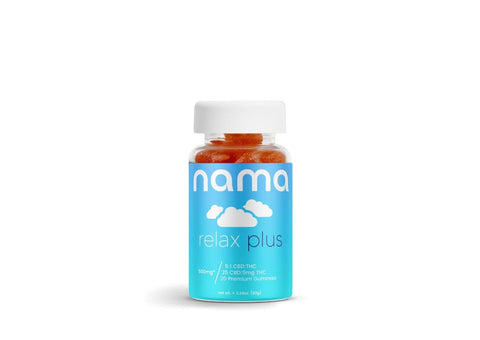
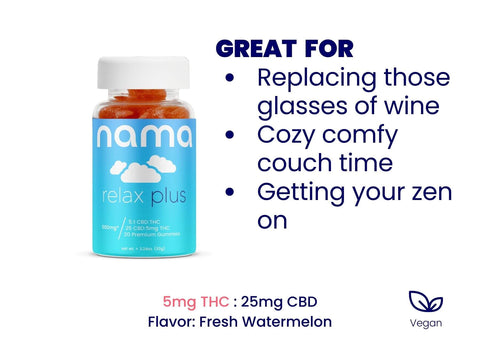
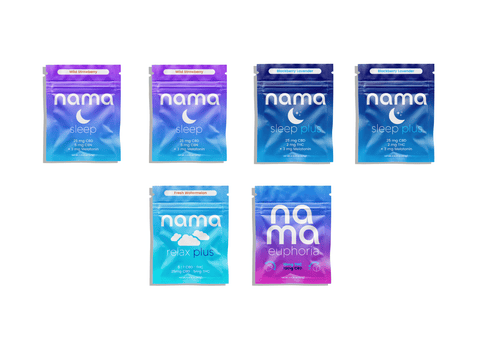
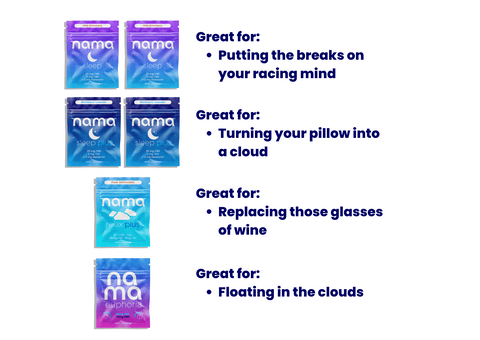
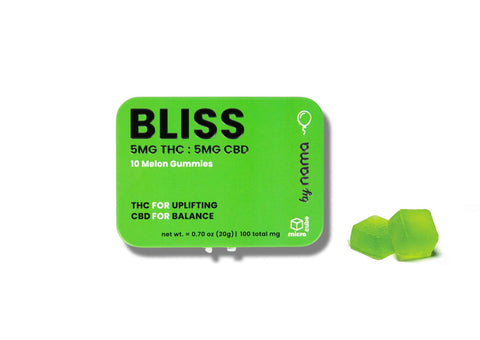
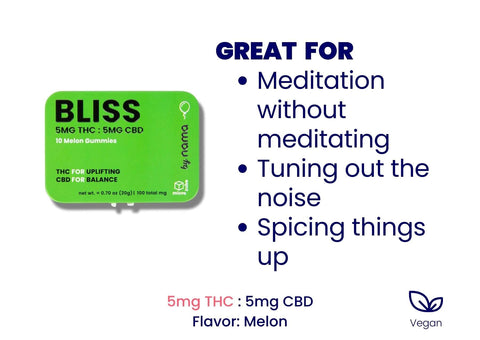
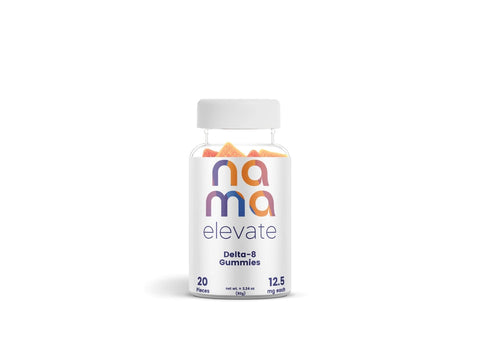
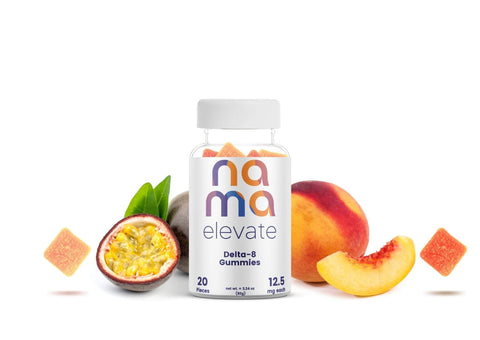
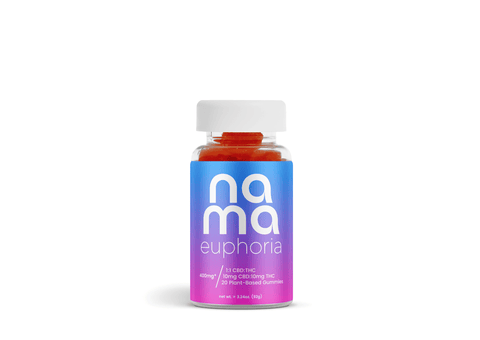
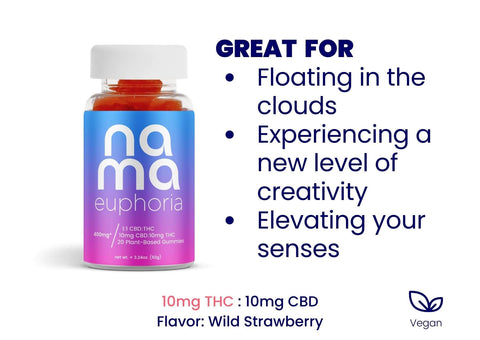
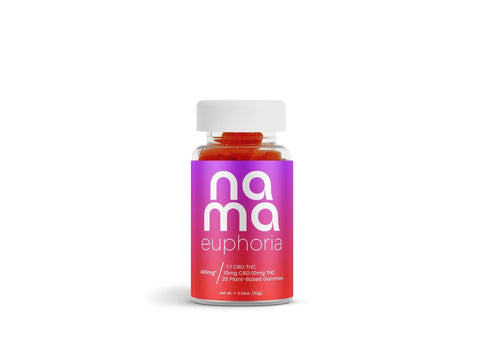
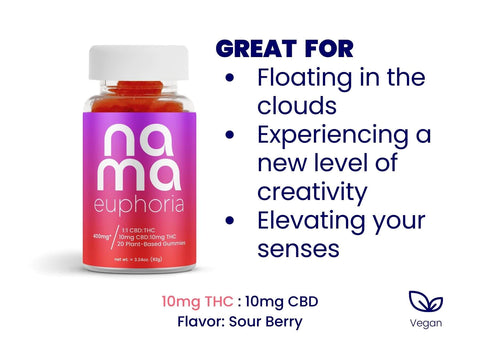









![Buzz Drops™ [THC Drink Drops]](http://www.namacbd.com/cdn/shop/files/nama_thc_buzz_drops.png?v=1711412866&width=480)
![Buzz Drops™ [THC Drink Drops]](http://www.namacbd.com/cdn/shop/files/buzz-drop-wine-comparison.png?v=1736882023&width=480)


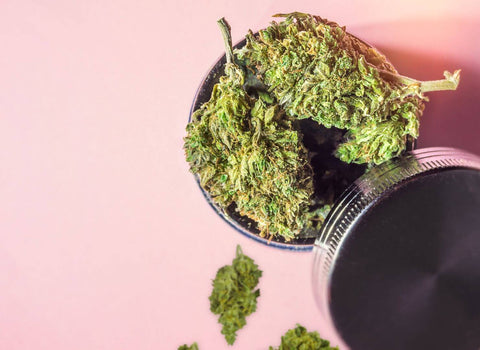


Comments (0)
There are no comments for this article. Be the first one to leave a message!